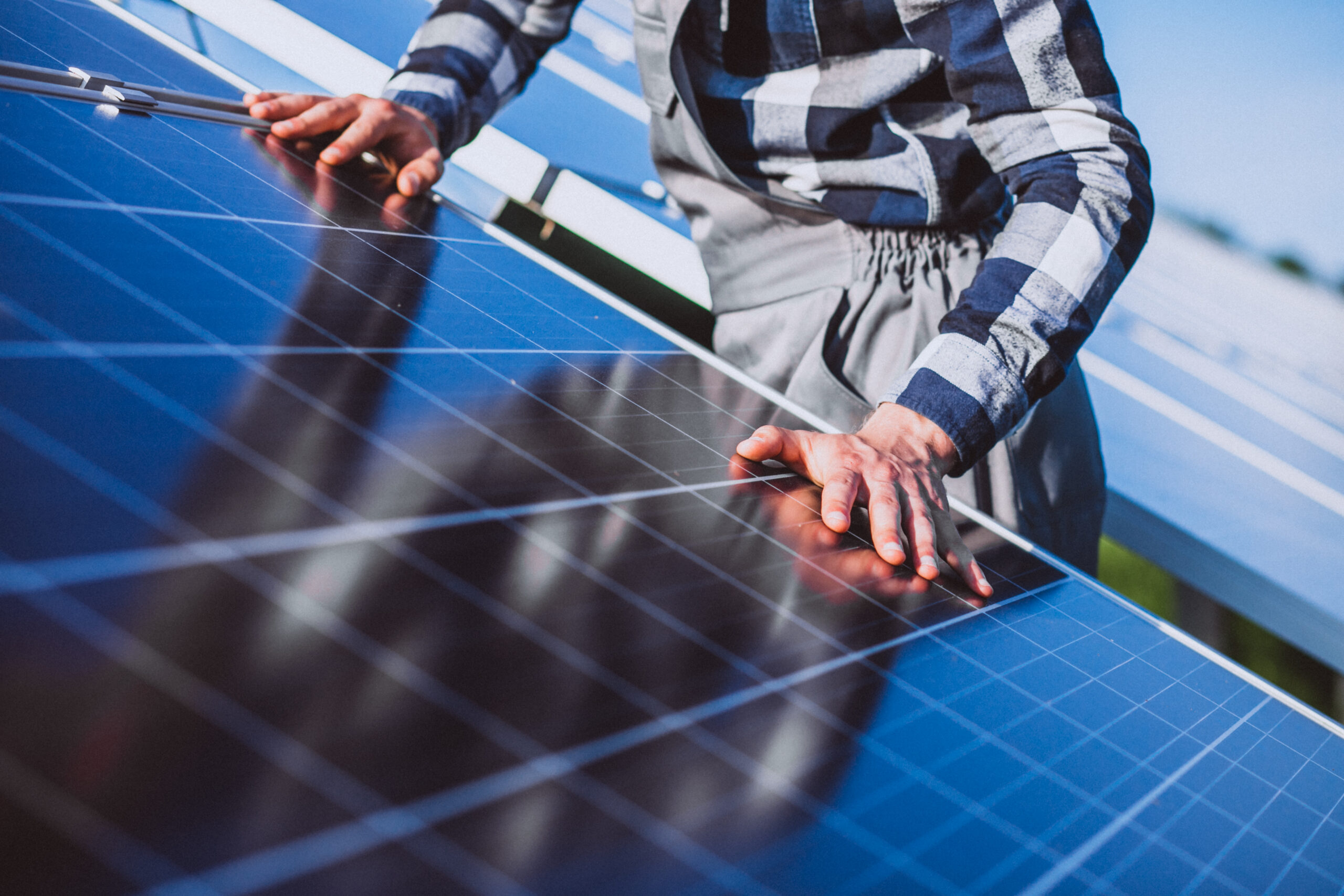Power outages, or “blackouts,” are a common problem in Nigeria. They can be caused by infrastructure limitations or maintenance problems, especially with the national grid often collapsing.
Handling power outages requires preparation and resilience. In this blog post, we’ll discuss how power outages impact Nigeria and offer practical tips to help individuals and businesses cope better during these tough times.
The Effects of Power Outages
Power outages in Nigeria disrupt daily life, lower productivity, and affect millions of people’s quality of life. Businesses lose money, homes face inconvenience and safety risks, and equipment can get damaged. Understanding these impacts highlights the need to be ready and proactive in dealing with blackouts. Here’s what you can do to prepare:
1. Get an Emergency Kit: Gather essential items like flashlights, batteries, candles, and portable chargers for light and power during blackouts. Also, include a first aid kit, non-perishable food, and bottled water for extended outages.
2. Use Energy Wisely: Use energy-efficient appliances, lighting, and practices to reduce electricity consumption and reliance on the grid. Unplug non-essential devices during outages to save power.
3. Stay Informed: Monitor weather forecasts and news for potential outages. Have a communication plan to stay connected with family and emergency services.
4. Invest in Backup Power: Consider getting alternative power sources like solar panels or inverters to provide backup electricity. Choose a reliable system that meets your energy needs. Contact us on 09067522620 to get a reliable solar system.
In conclusion, while blackouts are common in Nigeria, being prepared can lessen their impact and make life smoother for everyone.
P.S.: Share your thoughts with us in the comments!




